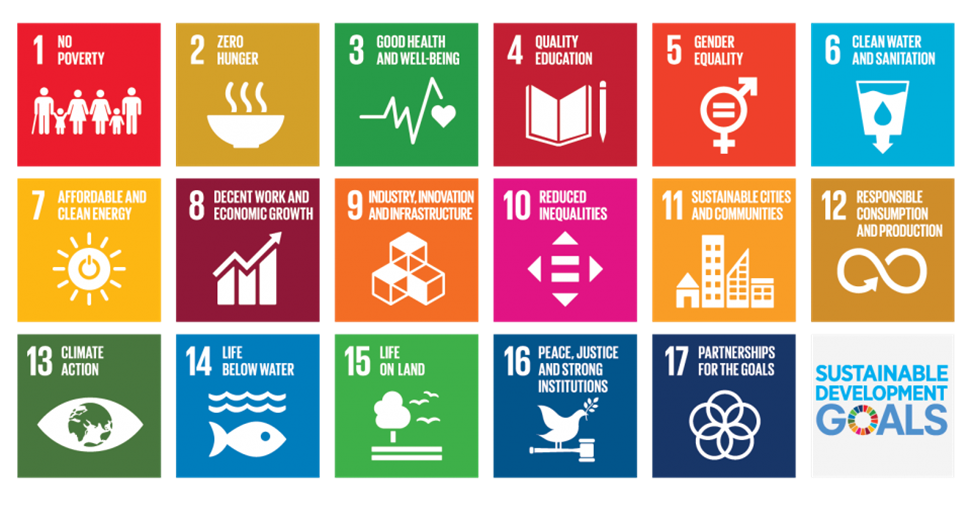Free Courses Sale ends Soon, Get It Now


Free Courses Sale ends Soon, Get It Now



Copyright infringement not intended
Context: Bhopal becomes the first city in India to adopt the localisation of the United Nations-mandated sustainable development goals (SDG).
Details
Voluntary local reviews (VLR)
Bhopal’s VLR
United Nations-mandated Sustainable Development Goals (SDG)
Localization
Significance
Conclusion
Must Read Articles:
Sustainable Development Goals: https://www.iasgyan.in/daily-current-affairs/sustainable-development-goals
|
PRACTICE QUESTION Q. How can localisation of the United Nations-mandated Sustainable Development Goals (SDG) contribute to the global efforts to achieve a more equitable and prosperous world for all? What are the main challenges and opportunities for implementing the SDG at the local level, and what are the best practices and strategies to overcome them? |
© 2024 iasgyan. All right reserved